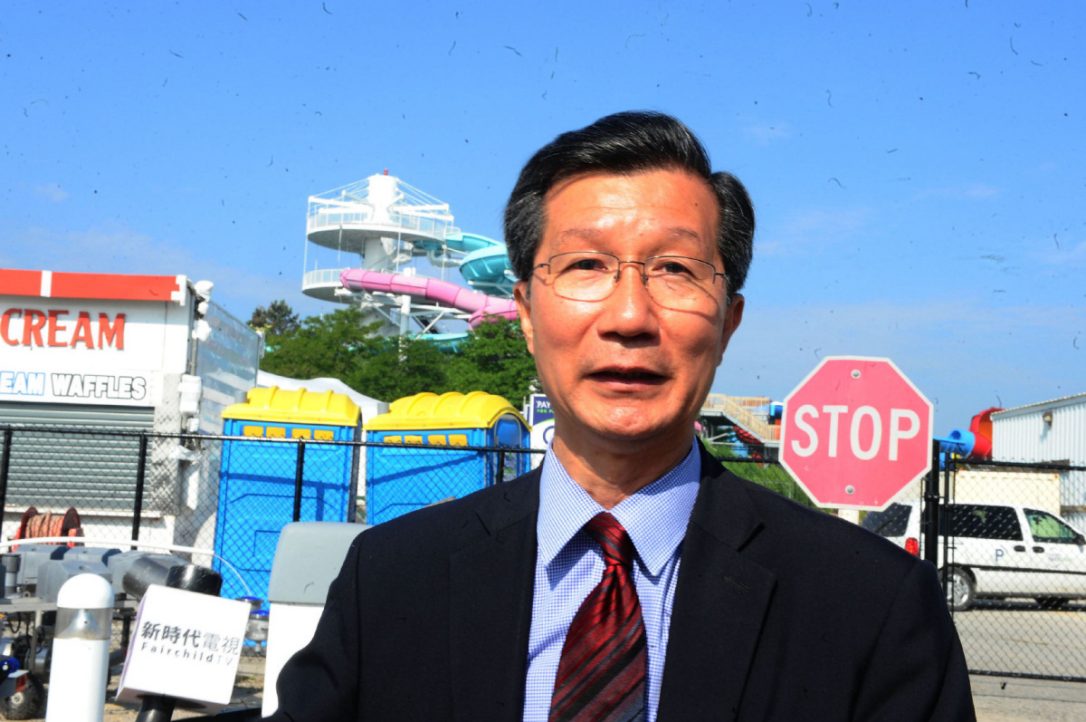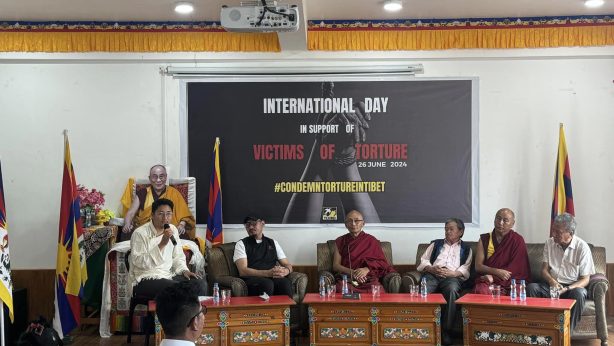Canada, China and Human Rights: Who does Michael Chan speak for?

When Wang Yi, the foreign minister of People’s Republic of China (PRC), was asked a question about human rights and a Canadian citizen who has been detained since 2014, the foreign minister responded aggressively and dismissed criticisms of the PRC as “prejudiced” and “unacceptable.” He then asserted that the PRC and the Chinese people are in the best position to assess human rights. As criticism over the minister’s response grew, a Chinese language webpage, 51.ca, published an interview with Ontario Minister Michael Chan. The interview echoed and fleshed out the points made by Wang Yi.
In a post on Facebook Michael Chan denied that he had defended the PRC’s human rights record. However, with its emphasis on development over the past 40 years and lack of any mention of civil and political rights, the article supported Wang Yi’s description of human rights in the PRC—even if that may not be Michael Chan’s intent. It is odd that, after Wang Yi said the PRC and its people should assess human rights, an article quoting a Canadian minister was used to bolster Wang Yi’s argument.
The interview’s emphasis, both in the headline and substance, was that the PRC has improved in the past 40 years. This claim misunderstands human rights standards and is an attempt at deception. Human rights violations occur regardless of what preceded them. A State is not excused from violating an individual’s human rights simply because human rights were not protected before. Nor does the protection of some people’s rights justify violating the rights of others. One cannot overlook the denial of the right to travel, torture, murder, and arbitrary detention, simply because a generation ago the PRC was poor and violated human rights during the Cultural Revolution.
Even if one were to commend the PRC for its development, one must also recognise that the development has been unequal and left the most vulnerable no better off. Michael Chan pointed to travel as evidence of improvement over 40 years. Forty years ago people in China neither had the money nor permission necessary to travel. He then points to Chinese tourism as evidence of progress. For Tibetans and other minority nationalities in the PRC, there has been no progress. The Chinese government refuses to allow them to travel. In the Tibet Autonomous Region (TAR) passports were confiscated in 2012 and none have been reissued. In other Tibetan areas people must endure long, expensive procedures to receive a passport. Passports are seized as soon as Tibetans return back to their country thus disabling them from travelling in future without official permission. Focusing on how many more non-Tibetans the Chinese government allows to travel does not truly demonstrate an improvement in the right to travel.
Whenever the Chinese government or its supporters discuss human rights, civil and political rights are ignored. These rights include the right to freedom of religion, assembly, speech and privacy as well as the prohibitions of torture and arbitrary detention. The PRC routinely and consistently violates these rights. In the past few years the PRC has failed to make any progress defending these rights. Last year, in an unprecedented crackdown the PRC detained hundreds of human rights lawyers. In Tibet, the introduction of “stability maintenance” policies between 2013 and today has led to the detention and torture of Tibetans for peaceful activities.
Wang Yi’s response and the 51.ca article were in response to a question about what Canada is doing to improve human rights in the PRC. If Canada is going to support its values and support human rights, the first step must be honestly discussing human rights with the PRC and not being distracted by dubious claims of progress. It must recognise that real progress cannot come at the expense of human rights.


